
In today’s digital-first world, computer literacy is a fundamental skill required across almost every industry. Employers seek candidates who can confidently use digital tools, navigate online platforms, and troubleshoot basic technical issues. Whether applying for an entry-level position or aiming for career progression, having strong computer skills on your CV can significantly boost your employability.
This guide covers 20 essential computer literacy skills to make your CV stand out in 2025.
Table of Contents
1. Microsoft Office Suite Proficiency
Proficiency in Microsoft Word, Excel, PowerPoint, and Outlook is a must-have skill for most jobs. Employers value candidates who can create reports, manage spreadsheets, and design professional presentations. Knowing advanced functions like Pivot Tables in Excel or mail merge in Word can give you an edge.
2. Internet Navigation and Research Skills
Being able to efficiently browse the internet, conduct research, and verify reliable sources is crucial. Whether you’re looking for market insights, fact-checking information, or staying updated on industry trends, strong research skills are essential.
3. File Management and Organisation
Managing and organising digital files properly improves efficiency. Employers appreciate candidates who can:
– Create, rename, and organise folders systematically.
– Cloud storage solutions like Google Drive, Dropbox, and OneDrive can be used.
– Understand file formats (e.g., PDF, DOCX, CSV) and convert them when needed.
4. Basic Troubleshooting and Technical Support
Knowing how to handle common IT issues, such as fixing printer errors, managing software updates, or resolving connectivity problems, can make you an asset to any team.
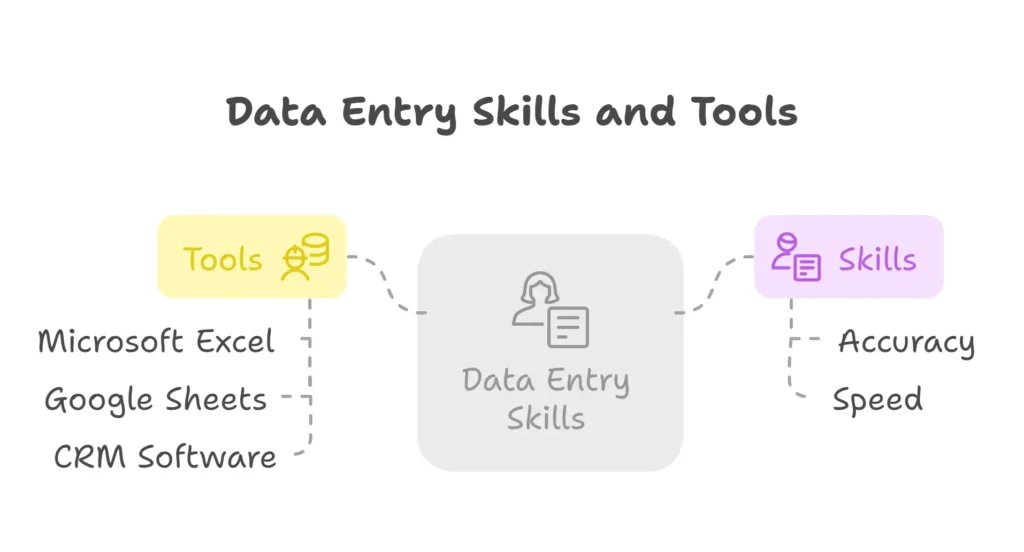
5. Data Entry and Accuracy
Many roles require inputting and managing large amounts of data. Accuracy and speed in data entry using tools like Microsoft Excel, Google Sheets, or CRM software can be highly beneficial.
6. Basic Graphic Design Knowledge
Even if you’re not a designer, basic knowledge of tools like Canva, Adobe Spark, or Figma can help you create presentations, social media content, or marketing materials.
7. Spreadsheet and Data Analysis
Excel and Google Sheets are used across industries for budgeting, data analysis, and financial tracking. Understanding formulas, VLOOKUP, macros, and data visualisation will make you more competitive.
8. Presentation and Public Speaking Software
Proficiency in PowerPoint, Google Slides, and Prezi helps create visually engaging presentations for meetings, sales pitches, and training sessions.
9. Web Conferencing and Virtual Communication
With remote work becoming the norm, knowledge of Zoom, Microsoft Teams, Skype, and Google Meet is essential for participating in virtual meetings, webinars, and online training.
10. Social Media and Digital Communication
Understanding how to use platforms like LinkedIn, Twitter, Facebook, and Instagram for networking, branding, and customer engagement is crucial for marketing, sales, and public relations roles.
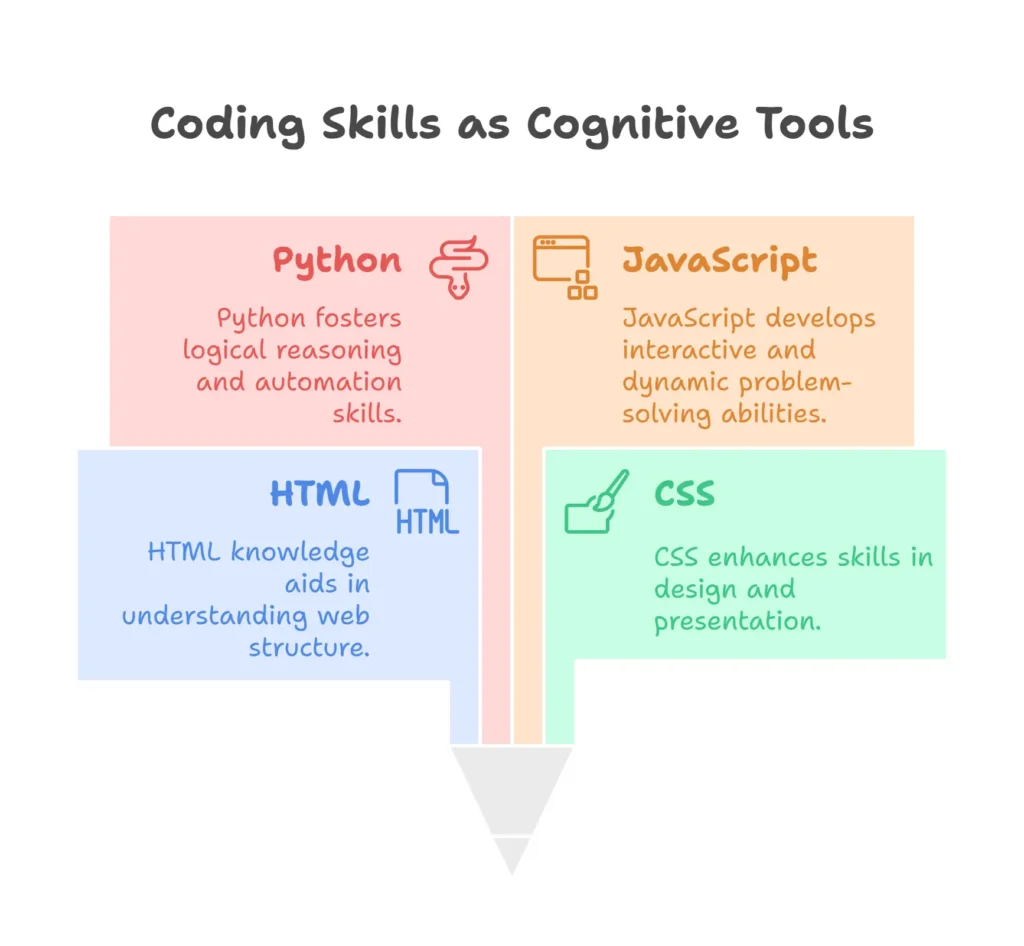
11. Basic Coding and Programming Knowledge
Knowing basic HTML, CSS, Python, or JavaScript can be an advantage even in non-technical roles. Coding skills demonstrate logical thinking and problem-solving abilities.
12. Online Security and Cyber Awareness
Employers prioritise candidates who understand cybersecurity basics, such as:
– Recognising phishing attempts.
– Using strong passwords and multi-factor authentication.
– Safeguarding confidential data and avoiding malware risks.
13. Database Management
Many businesses use databases to store customer information, financial records, and sales data. Understanding MySQL, Microsoft Access, or Oracle databases can set you apart.
14. Search Engine Optimisation (SEO) and Digital Marketing
For roles related to marketing, sales, or content creation, SEO is a valuable skill. Employers look for candidates familiar with the following:
– Keyword research tools like Google Keyword Planner and SEMrush.
– On-page and off-page SEO techniques.
– Content optimisation for better search rankings.
15. Online Collaboration and Productivity Tools
Modern workplaces rely on cloud-based collaboration tools such as:
– Google Workspace (Docs, Sheets, Drive, Calendar).
– Trello, Asana, and Monday.com for project management.
– Slack and Microsoft Teams for workplace communication.
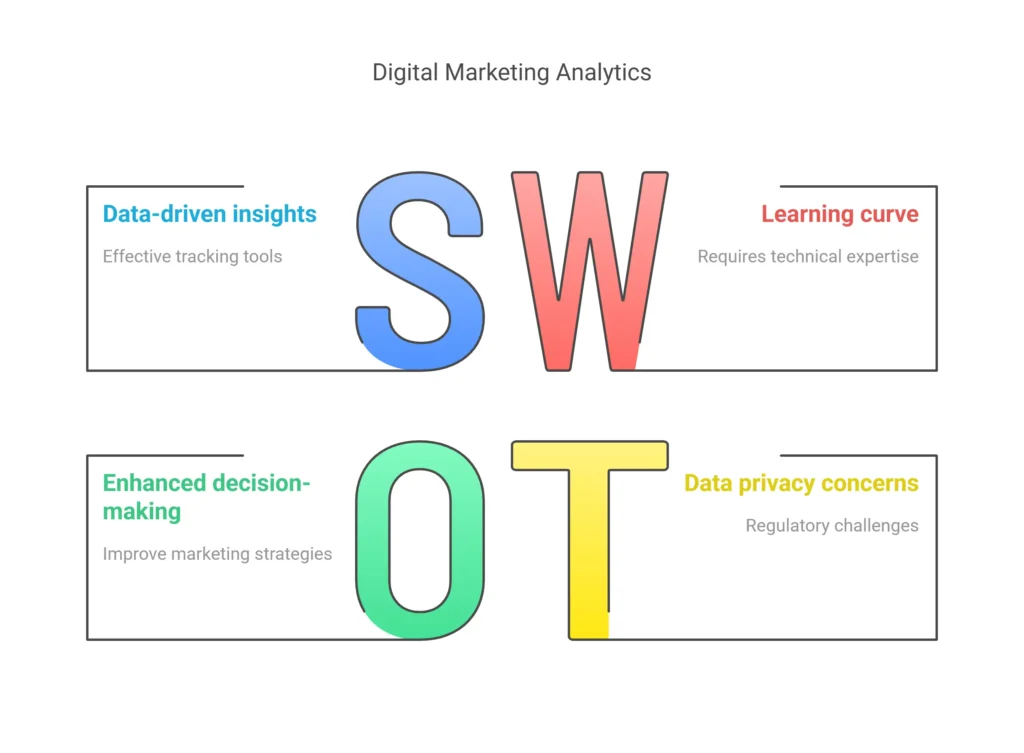
16. Digital Marketing Analytics and Insights
Data-driven decision-making is crucial in business. Understanding tools like Google Analytics, Facebook Insights, and HubSpot helps track website traffic, customer behaviour, and ad performance.
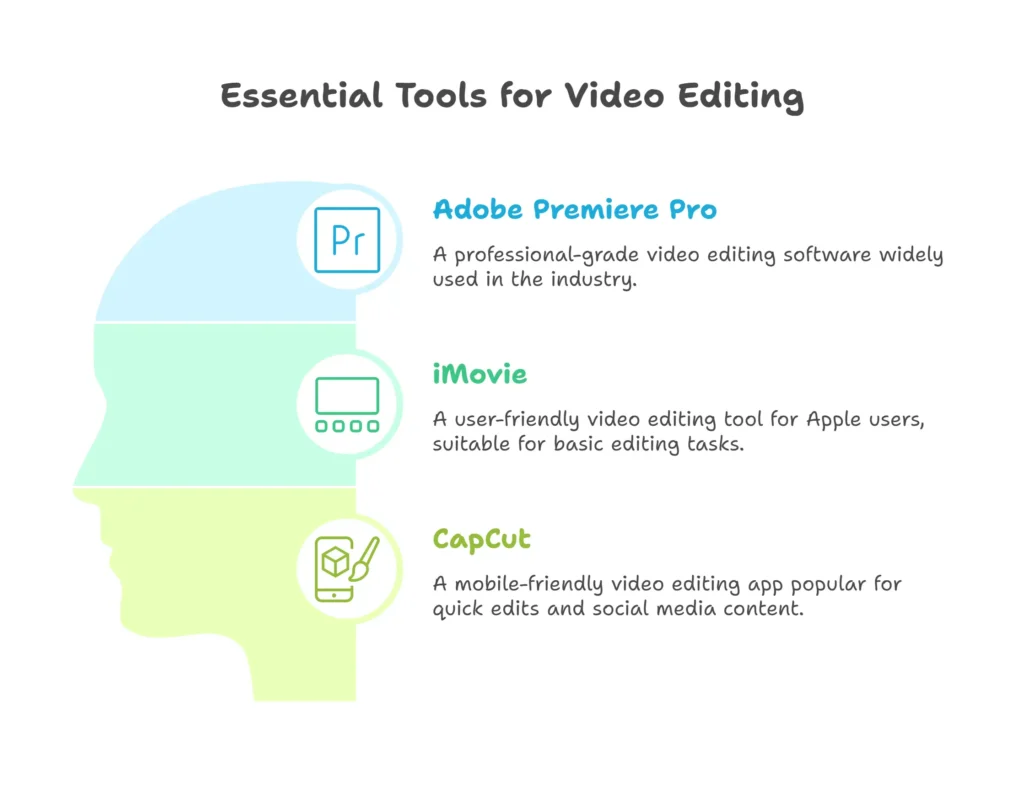
17. Video Editing and Content Creation
Basic video editing skills using Adobe Premiere Pro, iMovie, or CapCut are increasingly in demand for marketing and social media roles.
18. E-Commerce and Online Selling Platforms
Familiarity with Shopify, WooCommerce, and Amazon Seller Central can benefit those working in online retail, drop shipping, or digital entrepreneurship.
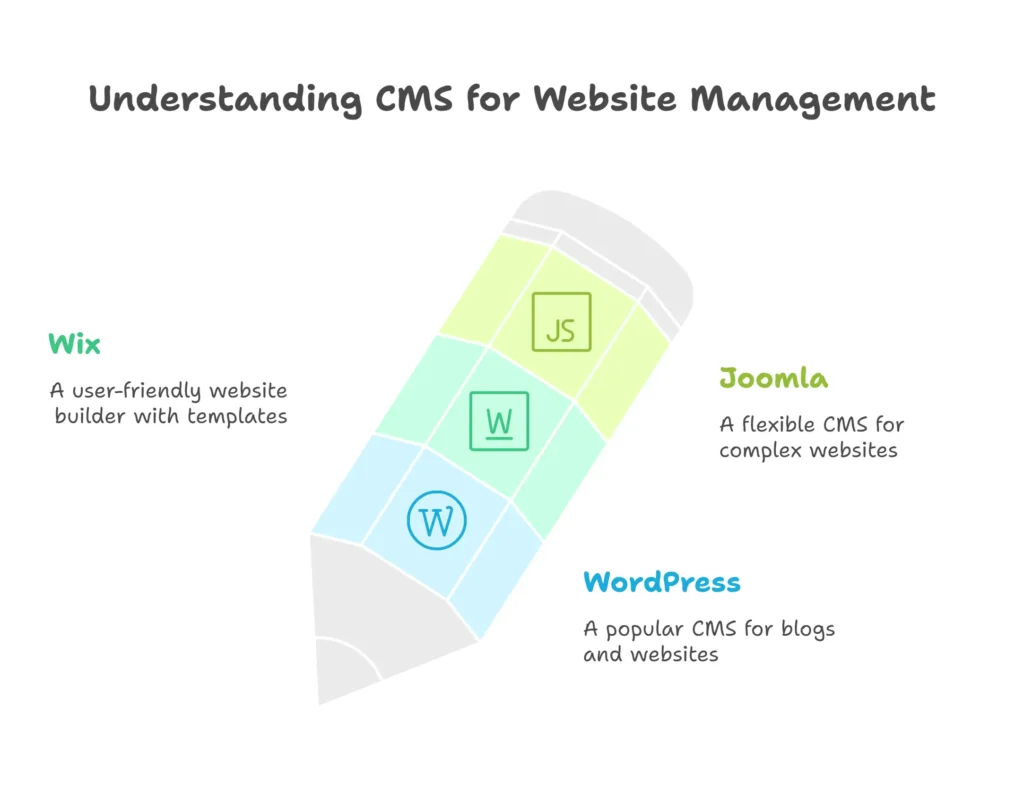
19. Website Development and Content Management Systems (CMS)
Basic knowledge of WordPress, Wix, or Joomla helps manage company websites, write blog content, and update web pages.
20. Data Protection and GDPR Compliance
Understanding data privacy regulations, especially GDPR (General Data Protection Regulation) in the UK, is critical for businesses handling customer data. Employees should know how to manage and protect sensitive information legally.
Why These Skills Matter for Your CV
Adding these computer literacy skills to your CV enhances your employability and proves that you are:
✔ Adaptable to new technologies
✔ Capable of working efficiently in a digital environment
✔ Equipped to handle modern workplace challenges
💡 Tip: When listing these skills on your CV, tailor them to the job description and provide examples of how you’ve used them in previous roles.
Final Thoughts
In 2025, being tech-savvy is not just an advantage—it’s a necessity. From basic software proficiency to advanced digital marketing insights, these 20 essential computer literacy skills can set you apart from the competition. Mastering these skills in administration, marketing, finance, or IT will future-proof your career.
Frequently Asked Questions (FAQs) on Computer Literacy Skills for Your CV
Computer literacy is essential because most workplaces rely on digital tools for communication, data management, and productivity. Employers prefer candidates who can efficiently use software like Microsoft Office Google Workspace, and collaboration platforms such as Slack or Trello. Strong digital skills can make you more competitive in the job market.
You can improve your skills by taking online courses on platforms like Udemy, Coursera, or LinkedIn Learning, practising with free software tutorials, or attending local workshops. Hands-on experience with spreadsheets, presentation software, and cybersecurity practices will help build confidence.
No, only list relevant skills that align with the job description. For example, if you’re applying for a marketing role, highlight SEO, social media management, and Google Analytics. If the position is administrative, focus on Microsoft Office, data entry, and email management. Tailoring your CV ensures it remains concise and impactful.
Some of the most sought-after skills include:
– Advanced Excel functions (Pivot Tables, VLOOKUP, Macros)
– Basic coding knowledge (HTML, CSS, Python)
– Digital marketing and SEO strategies
– Cloud-based collaboration tools (Google Drive, Microsoft Teams)
– Cybersecurity awareness and GDPR compliance
While some entry-level roles may not require advanced computer knowledge, most jobs today involve some level of digital proficiency. Even if a role doesn’t require coding or database management, you’ll likely need to use email, word processing software, and the internet. Enhancing your computer literacy can increase your job opportunities and career growth potential.










